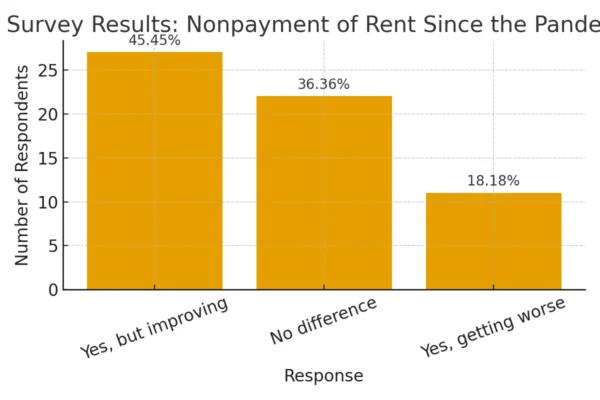When Tenants Fight, Need to Stay Neutral
 Q: I own a rental home in a very quiet suburban neighborhood. About six months ago I rented the home to a young newlywed couple and everything was fine for the first few months.
Q: I own a rental home in a very quiet suburban neighborhood. About six months ago I rented the home to a young newlywed couple and everything was fine for the first few months.A: You are not the first rental property owner that discovers that relationship counseling or mediation skills should be mandatory for landlords! Couples (or any combination of two or more individuals) who rent the premises together and have domestic disputes provide a tough challenge for rental property owners. As with disputes between neighbors or roommates, you need to avoid getting involved. You lack the authority to side with one party or the other, so stay neutral, encourage the couple to resolve their problems themselves, and continue treating all parties fairly and equally.
While apparently there are no allegations yet, unfortunately some disagreements between tenants involve domestic violence. In that case, you may receive a request from one occupant to change the locks or remove one of the co-tenants from the lease. While it can be tough to say “no,” don’t agree to any such changes, regardless of the strength of the tenant’s argument, without first seeking legal advice and requiring a copy of a restraining order or other appropriate court order from the requesting tenant. I would advise you to insist on a verifiable letter or agreement and consent of the other party as well.
You need to be careful not to discriminate against the victim of domestic violence by evicting him or her, especially if the perpetrator is no longer in the rental unit and doesn’t return to the property. While this may not be applicable to your situation, some of our readers may want to know that The Violence Against Women Act of 2005 prohibits public housing agencies and rental properties that accept Section 8 vouchers from denying an applicant because she has been a victim of domestic violence or stalking. Some states have passed legislation protecting women in similar situations, so check with local legal counsel if you run into one.
This column on issues confronting tenants and landlords is written by property manager Robert Griswold, author of “Property Management for Dummies” and co-author of “Real Estate Investing for Dummies.”E-mail your questions to Rental Q&A at [email protected].
Questions should be brief and cannot be answered individually.What’s your opinion? Leave your comments below or send a letter to the editor. To contact the writer, click the byline at the top of the story.
See our feature, What a Landlord Needs to Know When Tenants Divorce.
To subscribe to our blog, click here.













 Accessibility
Accessibility